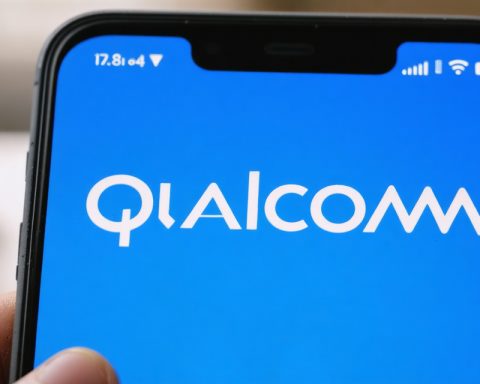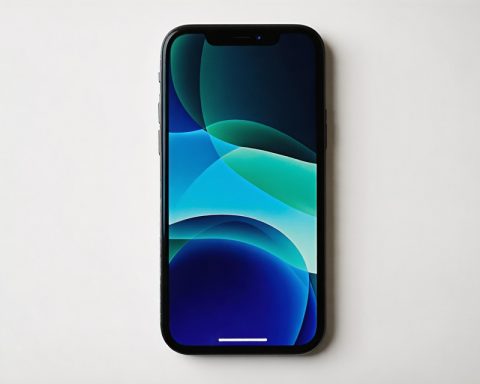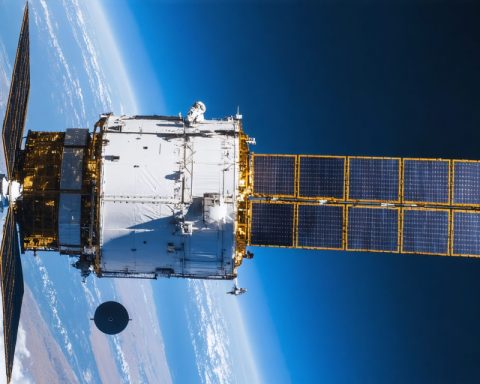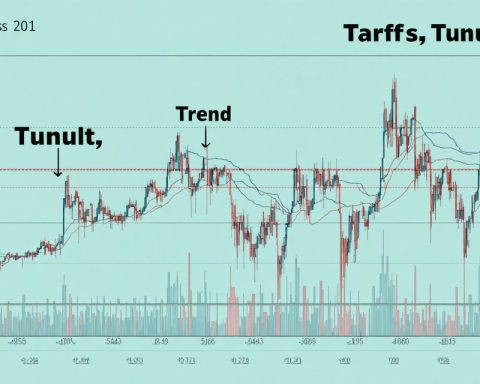Apple has made waves with a massive $1 billion investment in Indonesia to lift the sales ban on its latest iPhone 16. This development comes after a series of intense negotiations with the Indonesian government, which has expressed concerns about Apple’s lack of sufficient investment in the local economy.
Originally, Apple proposed investing $109 million in a developer academy as part of its economic contribution, but the Indonesian government claimed that only $95 million was actually spent. Following this discrepancy, the government placed a ban on iPhone 16 sales in October. In response, Apple attempted to negotiate by increasing its manufacturing investment proposal to $100 million. However, the Indonesian authorities had set their sights significantly higher, expecting a staggering $1 billion commitment from the tech giant.
Recently, Indonesia’s investment minister indicated that Apple appears to be aligning with these expectations. Plans have emerged for Apple to invest in a manufacturing plant in the country, which will produce smartphone components and other technology products. The minister emphasized that while the final details are still being finalized, an official announcement is anticipated soon.
Apple has not yet publicly confirmed these plans, but the signs strongly suggest a major investment looming on the horizon. If executed, this move could significantly boost Indonesia’s economy, which has a population of approximately 280 million, and potentially shift Apple’s global manufacturing landscape.
With Apple’s potential commitment becoming a reality, it raises questions about whether other nations might emulate Indonesia’s strategic negotiation tactics. The impact on Apple’s operations and international trade relations remains to be seen.
Can Apple’s Billion-Dollar Bet in Indonesia Reshape Global Tech Manufacturing?
Apple’s massive $1 billion investment in Indonesia signals a seismic shift in the tech giant’s global strategy, potentially reshaping manufacturing as we know it. This unprecedented move comes after intense negotiations with the Indonesian government, which had previously imposed a sales ban on the iPhone 16 due to insufficient local economic contributions from Apple. With this bold investment plan, Apple aims not only to lift the sales ban but also to make a significant mark on Indonesia’s burgeoning economy.
Key Features of Apple’s Investment in Indonesia
Apple’s planned investment includes developing a new manufacturing plant dedicated to the production of smartphone components and other cutting-edge technology products. This facility is expected to bolster local job creation and amplify technological advancements within Indonesia, offering the nation a significant stake in the global tech supply chain.
Potential Impact on Global Manufacturing
Pros:
1. Economic Growth in Indonesia: With a population of approximately 280 million, Indonesia stands to benefit significantly from increased job opportunities and technological infrastructure development.
2. Supply Chain Diversification: Apple’s investment in Indonesian manufacturing could diversify its supply chain, reducing over-dependence on current manufacturing hubs.
Cons:
1. High Initial Costs: A $1 billion commitment is a substantial financial undertaking, which could impact Apple’s short-term financial metrics.
2. Logistical Challenges: Establishing new manufacturing operations can pose logistical and operational challenges, including workforce training and infrastructure development.
Strategic Implications for Other Nations
Apple’s move may spur other countries to engage in similar negotiations, prompting them to demand greater local investments from multinational corporations. This strategic shift could lead to a more balanced global economic landscape, where tech companies contribute more profoundly to the economies where they operate.
The Future of Apple’s Global Strategy
The potential Indonesian investment highlights a trend of tech giants expanding manufacturing capabilities beyond traditional markets, focusing on emerging economies with large consumer bases. The success of this venture might inspire Apple to replicate similar strategies in other regions, enhancing its global footprint.
Conclusion
While Apple has yet to publicly confirm these plans, the implications of such a deal could be far-reaching, influencing international trade relations and manufacturing trends. By committing to Indonesia, Apple not only aims to reverse the sales ban on the iPhone 16 but also sets a precedent that could redefine economic engagement models in the tech industry.
For further updates on Apple’s initiatives and investments, visit the official Apple website.


















